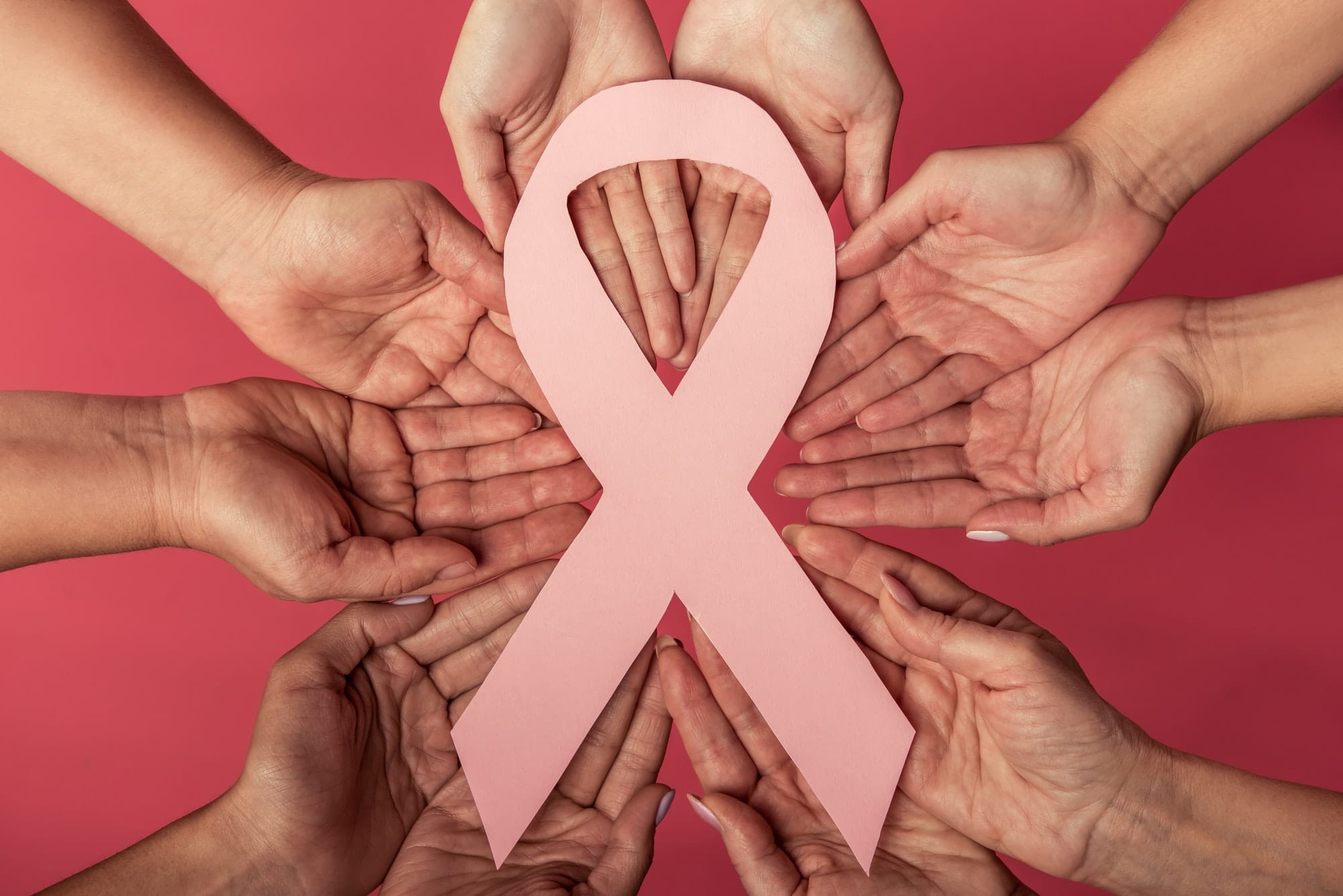Seniors may need unique attention to ensure that they get the needed breast cancer screening as they age. In order to ensure that missed mammograms are not missed possibilities for early detection; caregivers, companions, and family members can help plan doctor visits and ensure transportation.
Other times, older people may hesitate having screenings performed out of fear of being unable to afford them. The Center for Disease Control and Prevention describes the eligibility for low-cost and even free screenings for these people. The Affordable Care Act has required all new health insurance plans to cover annual mammography (without co-payment) for women age 40 and older as of September 2010.Other times, older people may hesitate having screenings performed out of fear of being unable to afford them. The Center for Disease Control and Prevention describes the eligibility for low-cost and even free screenings for these people. The Affordable Care Act has required all new health insurance plans to cover annual mammography (without co-payment) for women age 40 and older as of September 2010.
Breast Cancer Stats
Research has proven that breast cancer is one of women’s most prevalent cancers. Here’s a troubling statistic about breast cancer in elderly females–according to Harvard Health, half of all females diagnosed lately with breast cancer are over 60, and a third are over 70.
While study continues to create significant progress in knowledge, identification, diagnosis, and therapy of breast cancer, it is essential to understand your own risks and recognize prevalent symptoms and indication. Below are some of the risk variables for senior women as well as testing and therapy choices.
Risk Factors of Breast Cancer in Older Women
The risk factors differ among seniors for breast cancer. However, regardless of your age, the risk factors and warning signs are very important to be aware of.
Age is an important risk factor. While breast cancer often impacts younger females, risk factors for breast cancer rise after 50 years of age. In addition, the risk of developing breast cancer after 70 is higher than at 30 years of age, per the National Cancer Institute.
Breast Cancer Screening in Older Women
There are many methods on how breast cancer can be detected and treated today. Early detection increases the probability of efficient therapies and extended survival. You are your biggest health advocate so take control of your breast health using the following screening methods:
Self-examinations. Women of all ages are urged to conduct a monthly breast self-exam. To ensure full coverage, examining your breast from different positions and angles is essential. Check both breasts, feeling for lumps and any new areas of thickening. Search for modifications in contour, edema/swelling, skin dimpling, or changes in the nipple.
Clinical exam. Ask your doctor for a clinical breast exam during your annual physical or next routine office visit.
Mammogram. A routine mammogram — a unique low-energy x-ray that can identify abnormal masses or microcalcifications that are too tiny for you or a physician to feel — is the preferred way to detect breast cancer early, sometimes even years before symptoms can be felt or seen. The American Cancer Society advises an annual mammogram starting at age 45, and a mammogram every two years after age 54.
Free screenings. It can be cost-prohibitive for many elderly women to get breast cancer tests. Luckily, many state and local clinics and wellness programs provide mammograms that are free or low-cost. Ask for more information on your next wellness checkup or doctor’s visit, especially if you have noticed any changes.
Breast Cancer Treatment Options
There are multiple treatment options available for treating breast cancer if it is detected. These procedures include surgery, treatment with radiation, chemotherapy, and hormone therapy. Some of these medicines and treatment therapies, based on the sort of breast cancer and your health, can be used alone or in conjunction with each other.
Awareness of breast cancer and early detection are the 2 keys to preventing and beating breast cancer. You owe it to yourself, your loved ones, your children, your grandchildren and their generations to come.

Beth Freeman,
Marketing and Assistant Executive Director
Cherry Creek Village, Independent Living Community


